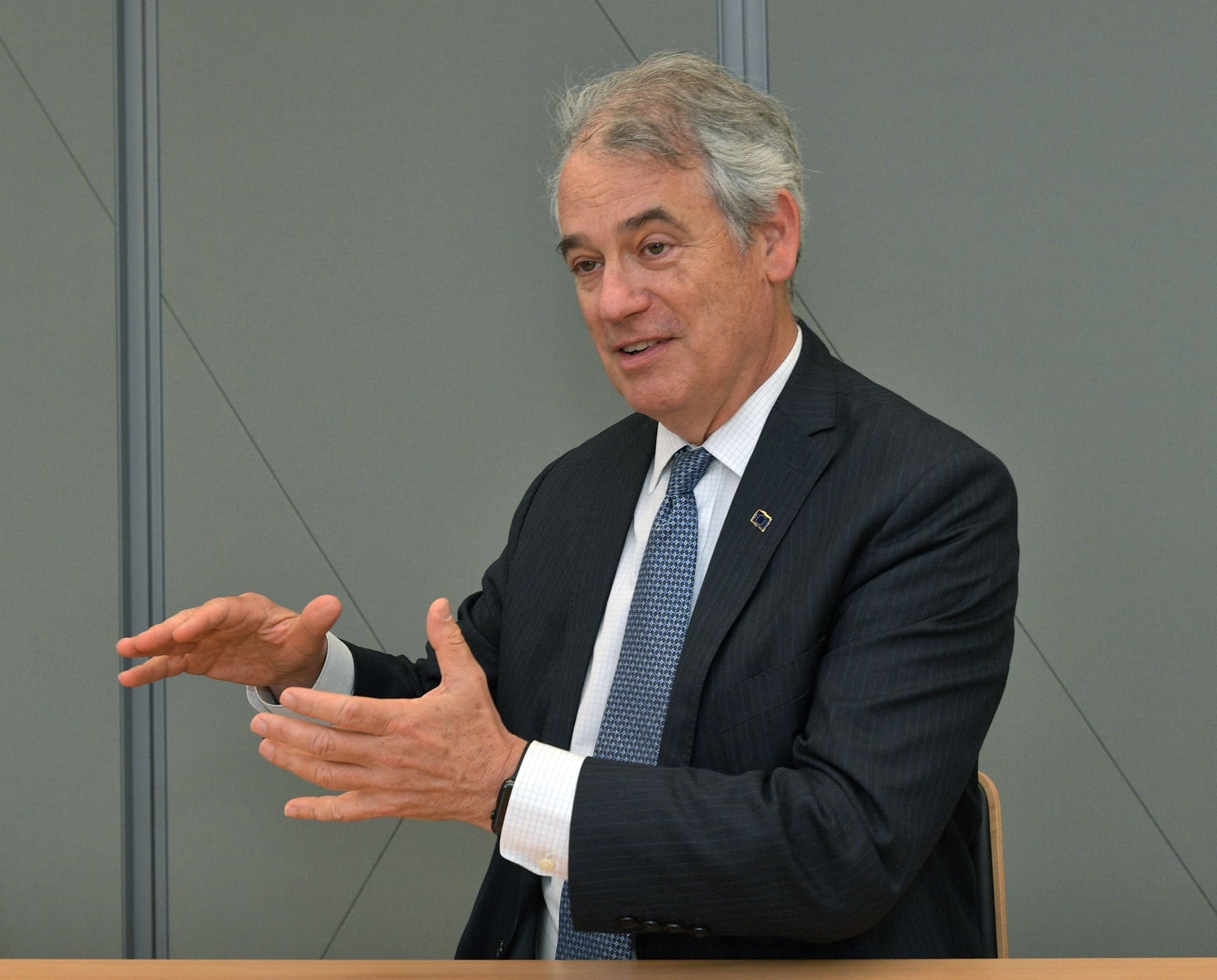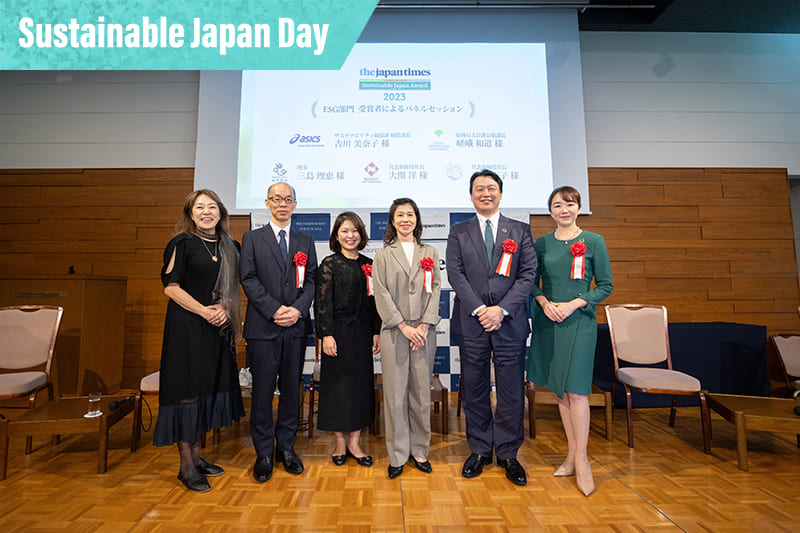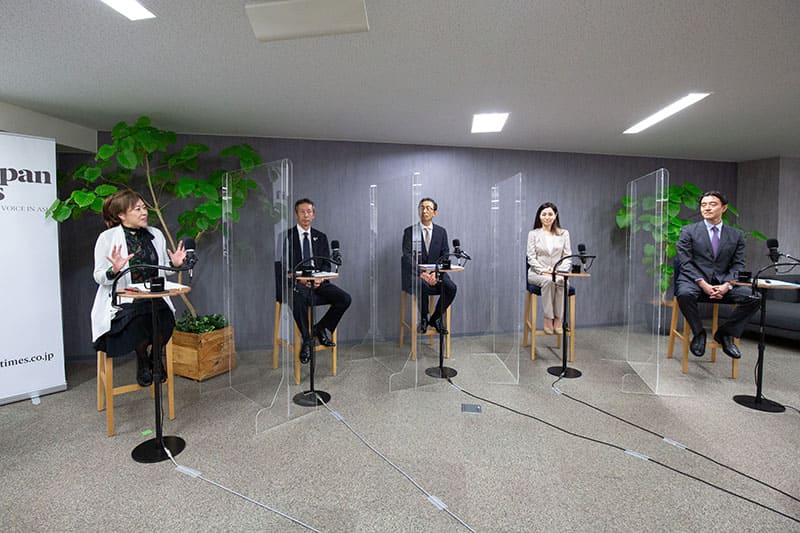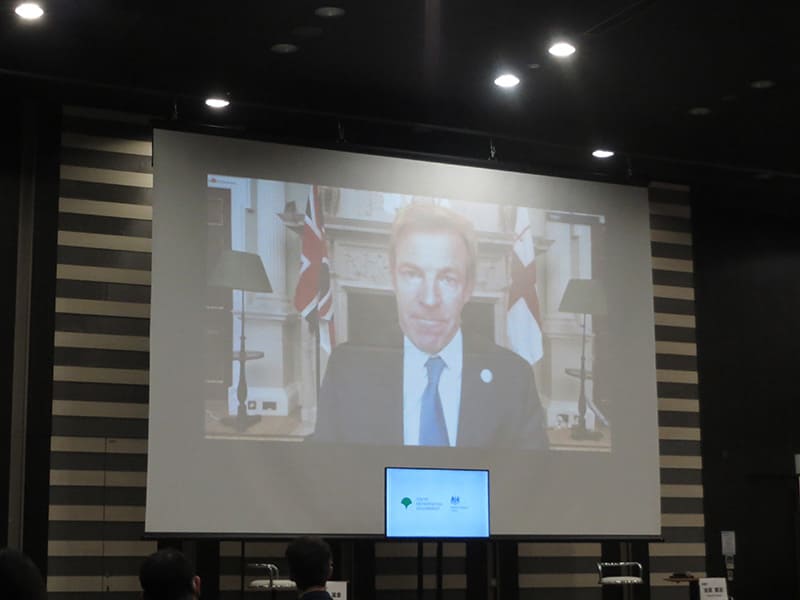July 28, 2019
Japan advised to set own green taxonomy

During a recent interview in Tokyo, CEO of the Climate Bonds Initiative (CBI) Sean Kidney urged the Japanese government and private sector to further pursue the “green revolution” to catch up and eventually lead global trends in the field.
The international expert in green bonds and green finance was in Japan to attend a June 20 seminar that explored topics including the European Union’s taxonomy and its potential impact on Japan, the recent trending of green bond issuance and future steps for Japan and green finance.
Kidney shared his insights with The Japan Times on what Japan can and should do following the seminar, which was co-organized by CBI and the Green Finance Network Japan that focuses on promoting public-private sector collaboration domestically and abroad.
“We still have to nurture, support and encourage the green bond market in Japan, but there are investors like Nippon Life Insurance Co. that already have green bond portfolios,” Kidney told The Japan Times. “Now we just need issuers. The point of the taxonomy is to try to make it easier for issuers to figure out if they qualify.”
The EU taxonomy is a classification system designed by the European Commission’s Technical Expert Group on sustainable finance to evaluate the environmental sustainability of an economic activity. On June 18, the group published a report on EU taxonomy, which features technical screening criteria that “can make a substantial contribution to climate change mitigation,” among other proposals.
Kidney suggested that while the EU taxonomy should still serve as guidance for the rest of the world, Japan should work on creating a taxonomy of its own. He pointed out that each country has particular circumstances that need to be discussed and incorporated within its own taxonomy.
“For example, agriculture is a complicated area in which Japan should have its own criteria,” he said.
According to Kidney, the key is to bring such regional characteristics and differences together to create a global taxonomy that everyone can agree on because climate issues as well as economic and investment are all universal factors.
“There could be issues that the European taxonomy hasn’t got around to addressing that other countries could address,” he said.
He encouraged every country to examine the EU taxonomy and consider aspects that are not included but should be in order to make it a global canon.
Kidney expressed hope that the Japanese government develops a stronger presence in international meetings on green bonds.
“Japan has enormous opportunity because it is so advanced in many of the environmental technologies,” he said. “It needs to appreciate the extent of the export opportunity because many of Japan’s major export destinations such as China and India are already taking part in such meetings.”
He strongly encouraged Japan to catch up and start helping the world achieve its ambitious goals toward higher sustainability and lower carbon emissions.
“Japan is also ahead of the world in terms of resilience. Going back to the 1500s, Japan’s land suffered from deterioration due to unsustainable farming and forestry, but the new policy was implemented during the Edo Period (1603-1868) to tackle the deterioration by giving incentives and responsibilities to local farmers to maintain forests,” said Kidney. “Japan’s forest cover started to increase, improving the soil. This is exactly what we have to do in the world now.”
He also pointed out that forestry in Japan still holds a vast opportunity for marketing timber.
“It is the greenest building or furniture-making material. Any companies in timber and related industries can issue green bonds if they can show that they maintain carbon stocks by selective logging and reforestation,” Kidney said.
“The key message is that we need to let industries know what is the right thing to do through such standards as the taxonomy so that they can expect what green changes will happen and work on corporate R&D (research and development) and investment plans accordingly,” he noted.
CBI is an international nongovernmental organization dedicated to mobilizing debt capital markets for climate solutions to accelerate a transition to a low carbon and climate resilient economy.


















